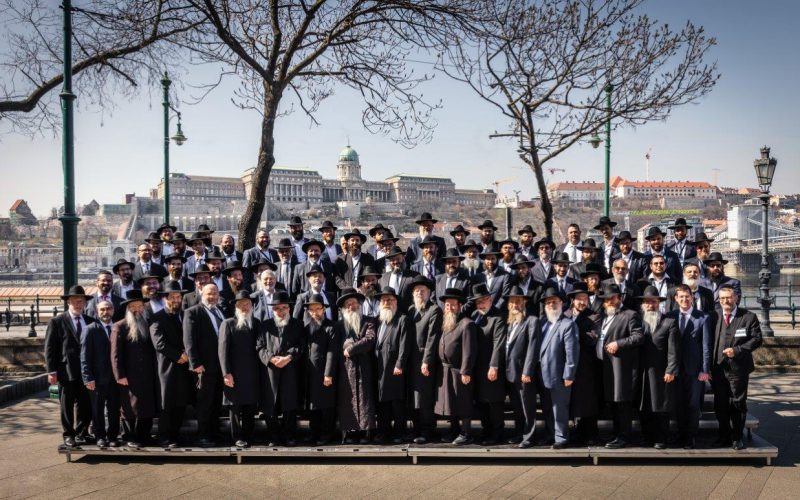Belgium’s Minister for Animal Welfare Confirmed Today that He Will Not Ban Shechitah

In September of this year, the minister had called for a ban on kosher slaughter in Belgium, stating that this issue was on the cabinet’s agenda, and he expected that a law would be passed forbidding slaughter unless the animal is first stunned with an electric shock (which is contrary to the mitzvah of kosher shechitah), as early as 2015.
In a letter that the minister sent today to Rabbi Margolin, he wrote, “After receiving your request regarding this topic, I regret my declarations regarding banning kosher slaughter without first stunning the animal.” The minister also stated that he would act to ensure that the Belgian law permitting kosher slaughter would be enforced in the country.
Rabbi Margolin thanked Minister Weyts, telling him, “I am very pleased that we have reached an understanding regarding the importance of kosher slaughter – important not only to the Jews of Belgium but to Jews throughout Europe.”
Following this achievement, the administration and the Rabbinical Council of the RCE publicized their blessing for this extremely significant decision, which echoed widely among Europe’s Rabbanim and community leaders.
Rabbi Aryeh Goldberg, Deputy Director of the RCE, said, “We are very pleased that the government of Belgium has followed in the footsteps of Poland’s Constitutional Tribunal, expressing support for the continuation of the Jewish tradition of kosher slaughter. I am confident that this will contribute greatly to advancing the connection between the Jewish nation and the European governments. Now is the time to call upon the other countries of Europe to adopt this positive decision.”
As we know, some two weeks ago, after great efforts made by the European Jewish Association and the Rabbinical Centre of Europe, the Constitutional Tribunal of Poland accepted the petition that these organizations presented and decided to cancel the decision to outlaw kosher shechitah in that country. With a majority of nine judges supporting the petition and five judges opposed, the court determined that the Parliament’s decision banning kosher slaughter was against the constitution of Poland.
At that time, many legal experts expressed their belief that this ruling would have a decisive influence on the legal systems of nations throughout Europe, which are now debating the issue following petitions by a number of groups, some of them openly anti-Semitic, which seek in various ways to interfere with the lifestyle of Europe’s Jews. They try to mask their anti-Semitic motives behind a wide range of humanitarian reasons that have nothing to do with reality, as Poland’s Constitutional Tribunal noted.

